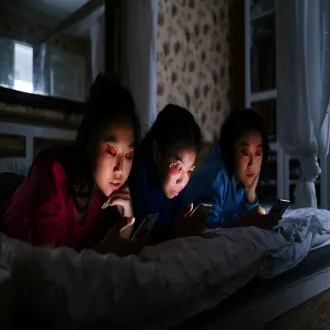Transcription The marshmallow theory and delayed gratification
A Classic Experiment with Profound Implications
In the late 1960s and early 1970s, a Stanford University psychologist named Walter Mischel conducted a series of studies that would become landmarks in psychology.
Popularly known as the "marshmallow experiment," this research shed a revealing light on a surprisingly potent predictor of success and well-being throughout life: the ability to delay gratification.
The Marshmallow Test
The experimental design was elegantly simple.
Children between the ages of 4 and 6 were brought into a room and a marshmallow (or other treat of their choice) was placed in front of them.
The researcher told them that they had to leave the room for a few minutes.
If the child was able to wait and not eat the marshmallow until his return, would receive a second marshmallow as a reward.
The child faced a clear choice: a small, immediate treat or a larger, but delayed, treat.
Amazing Long-Term Results
What was truly extraordinary about the study was the way these children were followed over the years.
The researchers discovered an astonishing and consistent correlation.
The children who had been able to resist temptation and wait for the second treat, on average, showed better outcomes in virtually every major area of life decades later.
They earned better academic grades, had higher levels of physical and mental health, managed stress better, showed a lower incidence of addiction problems, and achieved greater professional success.
The Fundamental Skill of Self-Management
The marshmallow experiment does not measure intelligence or innate talent.
But rather a fundamental skill of self-management and emotional intelligence: the ability to regulate impulses in favor of long-term goals.
Our daily lives are full of "marshmallow trials."
We are constantly faced with the choice between short-term comfort (watching a TV series, eating junk food, avoiding a difficult conversation) and the effort it takes to build a better future (working on our project, going to the gym, having that conversation).
The ability to "wait for the second marshmallow" is, in essence, the skill of investing in our future selves.
Training our willpower and our ability to align our daily actions with our most important values and goals is, therefore,one of the most crucial practices for building a life of lasting achievement, health, and satisfaction.
the marshmallow theory and delayed gratification




